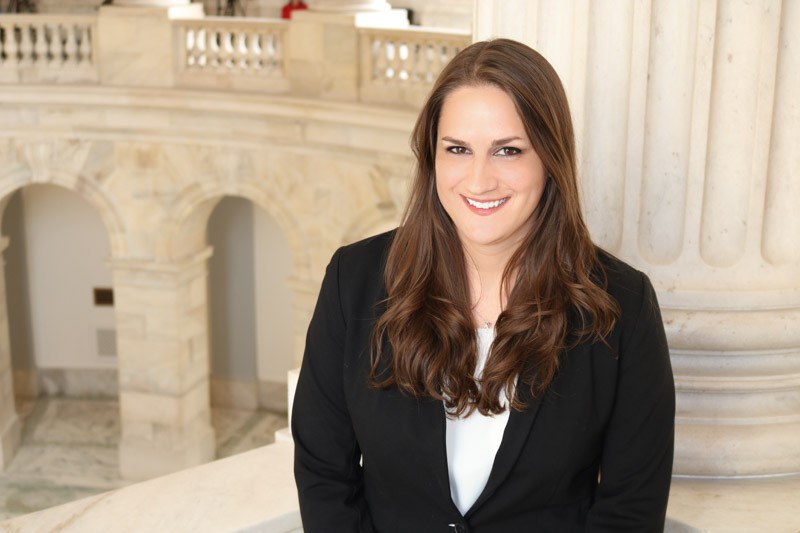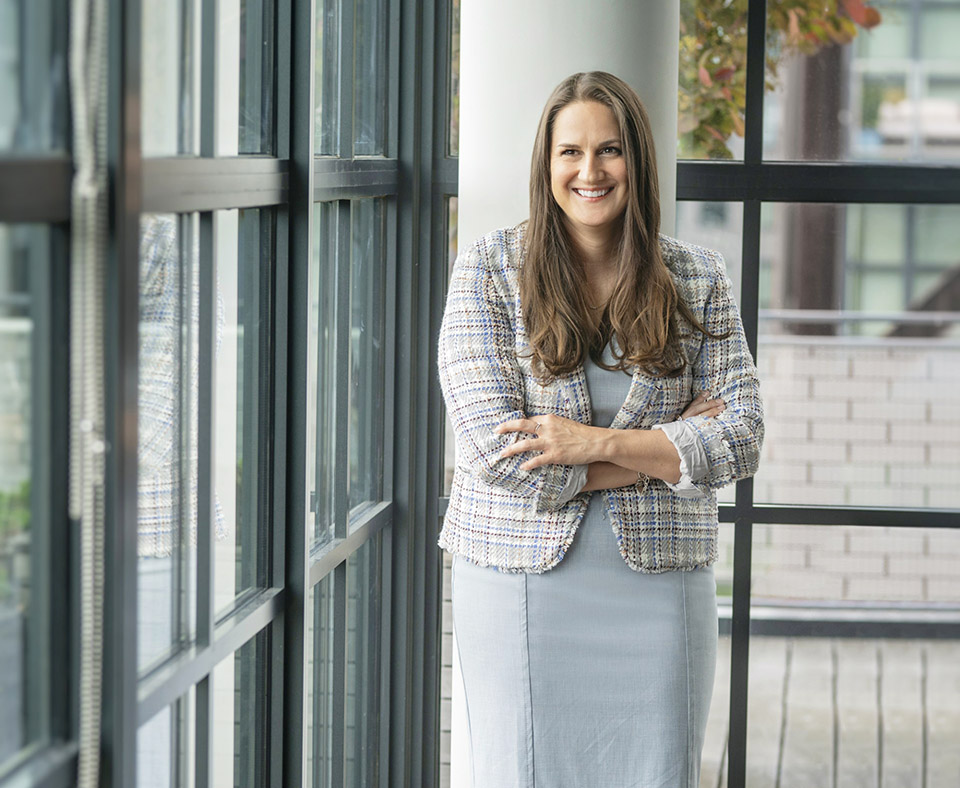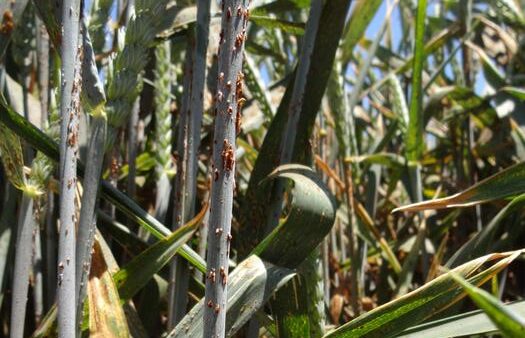Advocating for transparent, predictable, science-based regulatory policies starts with building relationships, says Janae Brady, ASTA’s Vice president of Government Affairs.
SW: You grew up on your family’s wheat and sorghum farm in Kansas. How important is your personal understanding of farming to your government relations work?
Janae Brady (JB): Being raised on a family farm has had a major impact on my role working in agriculture policy. I have a deep appreciation for the passion and hard work that our farmers have for producing food, fiber and fuel. I do hope that this helps me translate the importance of these issue to policy makers.
SW: You used to be a high school English teacher. Can you translate any of the skills you developed as a teacher to your current work?
JB: So many. Beginning my career as a high school teacher gave me day-to-day skills of time management and organization but, most importantly, I learned how to build relationships. The first thing I learned about working with students was that if I didn’t do the work to establish strong relationships, I wasn’t going to be able to help students find success. The same is true for working in a job that prioritizes advocacy. Whether it’s with policy makers and their staff, ASTA members, or partners in and outside of our industry, success starts with strong relationships.
SW: What policies are helping to improve the seed industry?
JB: Since 2021, ASTA has been a steering committee member for the Food and Agriculture Climate Alliance (FACA). This coalition consists of over 80 organizations that represent farmers, ranchers, forest owners, agribusinesses, manufacturers, state governments, higher education associations, sportsmen and sportswomen, and environmental advocates.
As a member of FACA, ASTA has had the opportunity to weigh in on significant administrative and legislative efforts, including USDA’s Partnerships for Climate-Smart Commodities. This investment of over $3 billion positions the seed industry as a major player in ensuring that these projects are successful in providing economic and environmental benefits to the producer and the land.
SW: What do you see as the most exciting opportunities coming up for the seed industry?
JB: The agriculture industry will continue to face challenges in meeting the growing food security needs around the world. While these challenges are significant, seed is well-positioned to offer solutions. Consumers, ranchers, and growers can all benefit from these solutions.
Farmers need quality, professionally produced seed in order to meet their production and business goals. They also need seed technology that helps achieve goals in conservation and sustainability efforts. ASTA members are leading the charge in providing seed that can do more with less. For example, by using better conservation methods, including cover crop seed, producers can maintain their economic livelihoods and productivity while conserving vital natural resources.
The continuous advancement of technology and innovations provides new opportunities to meet challenges in a safe and sustainable way. Investments in plant breeding innovation, like gene editing, can be incentivized by appropriate policies, resulting in new jobs and market opportunities and boosting sustainability.
SW: What are some of the ASTA’s key priorities for 2024?
JB: The Farm Bill will continue to be a priority, whether that be advocating for final passage into law or supporting implementation of a final product.
Agricultural research continues to be a top priority for ASTA and the seed industry. A robust federal investment in agricultural research is vital to ensuring the success of U.S. farmers and a sustainable and secure global food production system. ASTA looks forward to continuing to advocate for both funding and policies that allow U.S. seed companies, public and private scientists, and U.S. producers to innovate to improve crops and production practices.
ASTA will also continue to advocate for federal and state regulatory policies that support seed innovation. We will continue to work with agencies, including the USDA, EPA, FDA, and USTR, to support transparent, predictable, science-based regulatory policies that provide opportunities for our member companies to continue supporting the entire value chain.












